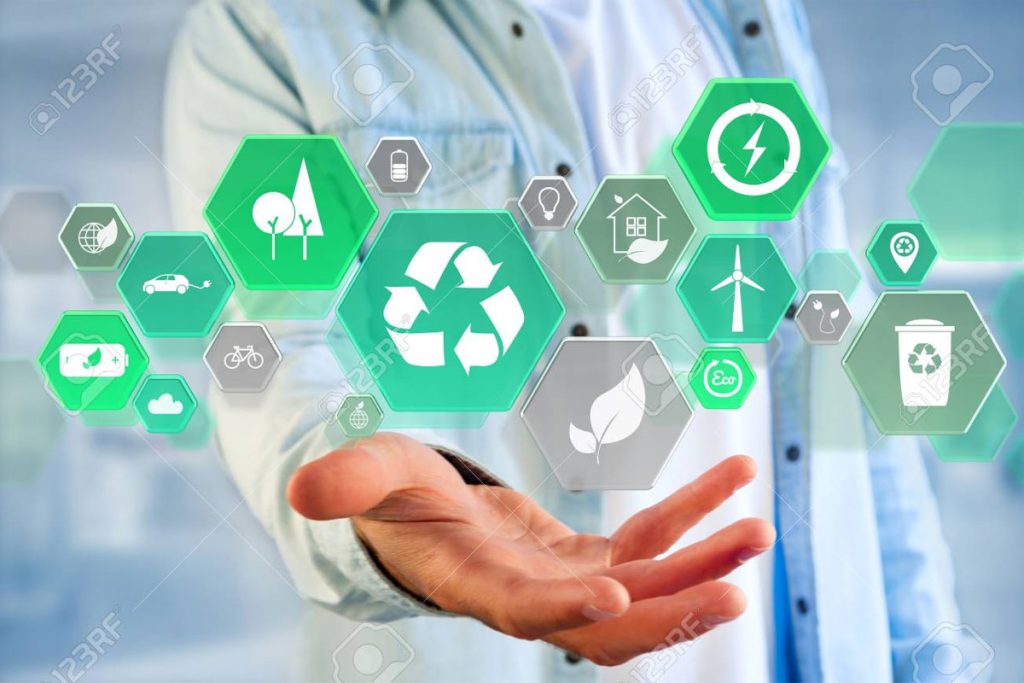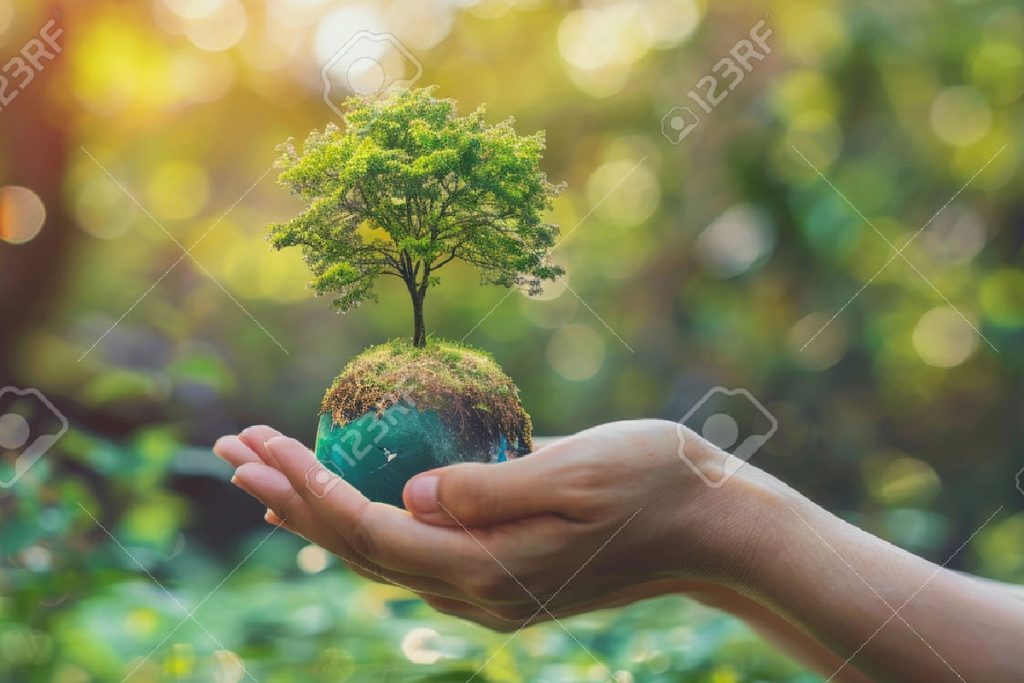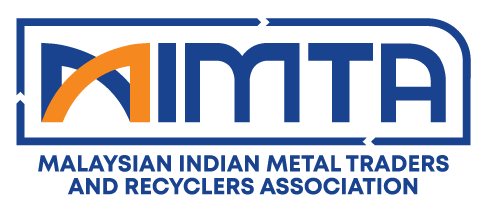Regulatory Compliance for Scrap Metal Dealers in Malaysia
The scrap metal industry in Malaysia is highly regulated, requiring dealers to obtain various permits and licenses to operate legally. MIMTA members are dedicated to combating crime and reducing opportunities for stolen materials to be sold. As an association, MIMTA collaborates with the Royal Malaysia Police on the Metal Theft Working Group and maintains an active working relationship with police headquarters.
Guidelines for MIMTA Members
MIMTA emphasizes the following practices for its members:
1. Obtain and maintain a proper police license and local council permit to operate your business.
2. Operate within the proposed hours of 7:00 AM to 7:00 PM, subject to local council approval for any special extensions.
3. Renew your license at least three months before its expiration date.
4. Update daily purchase and sales records in the Police Record Book as per regulations.
5. Ensure all foreign labourers working on the premises have valid permits and employee passes issued by your own company. Third-party permits are not allowed.
6. Keep the premises clean at all times.
7. Dispose of garbage properly at designated dumping areas specified by the local municipality.
8. Identity Verification
Scrap metal dealers must verify the identity of all sellers.
Individuals: Sellers must provide a valid photographic ID that includes their full residential address or a formal document.
Companies or Service Providers: If the goods are sold by companies or service providers, dealers must obtain the official tender award letter and the SSM documentation for record-keeping. Additionally, dealers should record the vehicle or truck number that delivers the goods.
Offenses
1. BUSINESS Dealing without a License
– First Offense
– Second and Subsequent Offenses
2. Failure to Display Signage
– Failure to conspicuously display a sign within their premises
3. Prohibited Dealings
– Dealing with scrap metal outside of the hours 7:00 AM to 7:00 PM
– Dealings with individuals under 18 years old
– Dealings with individuals who do not fully satisfy identity verification requirements
4. Failure to Report
– Failure to report lost or stolen property
5. Illegal Handling
– Removing, defacing, or destroying scrap metal from infrastructure such as roads, bridges, railways, pipelines, telecommunication systems, electricity, water, and sewerage, or any government infrastructure project.
6. Record Keeping
Failure to maintain a register as prescribed in the POLICE LICENSE Schedule
7. Unauthorized Operations
– Dealing with scrap metal outside of specified premises without authorization
– Allowing scrap metal of unknown origin into one’s premises
Reporting Stolen Metals
MIMTA Metal Recyclers work closely with the Royal Malaysia Police to combat metal theft. Commonly stolen items include copper products such as WIRES, hot water cylinders, and cables, as well as batteries, manhole covers, and decorative garden items.
The association urges immediate reporting of thefts to the nearest police station. Prompt reporting is crucial as thieves often attempt to sell stolen items quickly. Under-reporting of metal theft remains a significant issue in the industry. It is illegal for metal recyclers to knowingly purchase stolen items; however, doing so allows them to capture the seller’s identification, aiding police investigations and the prosecution of offenders.
By authorizing a recycler to buy a stolen item and collect the seller’s information, you agree to reimburse the recycler for their payment. Cooperation with the police is essential in seeking compensation through the court system.
MIMTA Code of Conduct
The Malaysian Iron and Metal Traders Association (MIMTA) is dedicated to enhancing the professionalism of the metals recycling industry, both locally and internationally. Representing its members at a governmental level, MIMTA also engages with other industry sectors and the general public. The association strives to raise awareness on industry-related matters and ensure members understand their legal obligations, providing opportunities for growth and improvement in technical and general knowledge. To maintain an ethical and professional industry, MIMTA requires members to adhere to the following Code of Conduct:
- Conduct all transactions with customers and suppliers in a fair, honest, and ethical manner, ensuring accuracy, safety, and integrity at all times.
- Honor all freely entered contracts, particularly adhering to quantity and quality commitments.
- Listen and negotiate in good faith when complaints arise.
- Ensure compliance with all relevant legislative requirements, including local, national, and international laws.
- Implement practical methods to protect the environment, focusing on continuous improvement in environmental care, protection, and compliance.
- Conform to Occupational Health and Safety regulations and promote a safe environment for staff, customers, and the public.
- Cooperate with law enforcement and other relevant authorities in the prevention and recovery of stolen materials.
- Work with communities to support regional economic development and operate as responsible corporate citizens.
- Professionally represent MIMTA at all times, displaying the official MIMTA logo, reflecting the association's values, and demonstrating a commitment to raising industry standards.
Failure to uphold these commitments or any conduct that endangers or is likely to endanger the name, reputation, or standing of MIMTA or its members may result in disciplinary action by the association.
Sustainability & the Environment
MIMTA proudly supports the Bureau of International Recycling’s (BIR) Global Recycling Day, celebrated on March 18th. Global Recycling Day was established to recognize and celebrate the vital role recycling plays in preserving our precious primary resources and securing the future of our planet. It is a day for the world to unite and prioritize the planet.
Mission Objectives
To urge global leaders to acknowledge that recycling is crucial and must be treated as a global issue, necessitating a unified, coordinated approach to recycling.
To encourage people worldwide to view materials as resources rather than waste, fostering a mindset that values and repurposes recycled goods.
The Seventh Resource
The planet has six major natural resources: water, air, coal, oil, natural gas, and minerals. Now, recyclables have been recognized as the world’s Seventh Resource. Without recycling, our used and discarded items like fridges, plastic bottles, packing boxes, cars, cell phones, building materials, and paper cups would add to the growing waste mountains, destined for incineration or landfill, never to be reused. Without recycling, we are forced to continue depleting the earth’s finite virgin resources.


Malaysia's Commitment
to Sustainability
In line with Malaysia’s regulations and commitment to sustainability, MIMTA emphasizes the importance of recycling in reducing environmental impact and conserving natural resources. By actively participating in Global Recycling Day and promoting sustainable practices, MIMTA aims to lead the way in creating a cleaner, greener future for Malaysia and the world.

